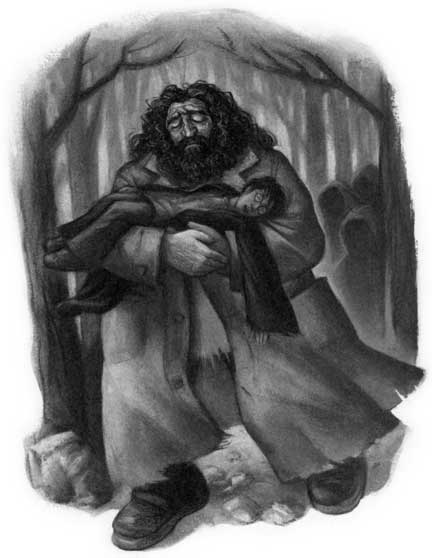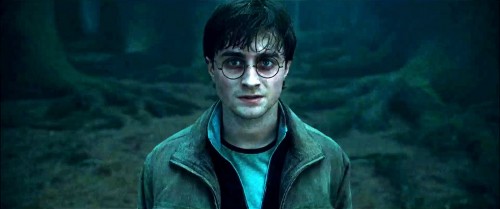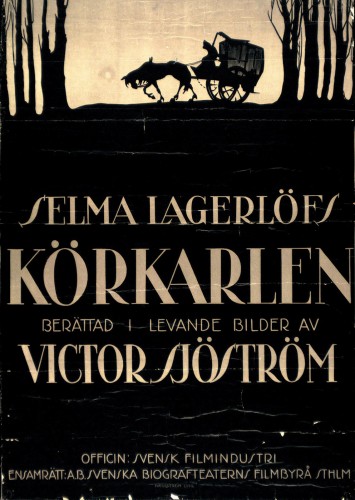
 An amazing devotion this morning comes from Lynn MacDougall, who shares a reflection on both the Fall Mockingbird Conference and its cornerstone concept–the hope we find in death.
An amazing devotion this morning comes from Lynn MacDougall, who shares a reflection on both the Fall Mockingbird Conference and its cornerstone concept–the hope we find in death.
“For you have died, and your life is hidden with Christ in God. When Christ who is your life appears, then you also will appear with him in glory.”
Since my time at the recent Mockingbird Conference in Charlottesville, I have been thinking about death. A lot. Suffering was the heart of the matter, but “death” was the “piece de resistance.” Questions that emerged: What does it mean to live? What does it mean to be human in that living? What does it mean to die? These questions continue to rebound and ricochet non-stop in my head.
 My daughter attends St. John’s College in Annapolis – the Great Books school whose motto is “Facio liberos ex liberis libris libraque” or “I make free adults out of children by means of books and a balance.” If you haven’t heard about St. John’s look it up. It’s an extraordinary place and I find myself living vicariously through Micaela – experiencing an education I never had and didn’t know I wanted. Even though I was a literature major I haven’t read half of the stuff on the program, I now read some of what she reads. I attend free lectures and concerts. I take a class here or there. I talk to the students as they spend time in our home. The curriculum is four years of grappling with what it means to be human.
My daughter attends St. John’s College in Annapolis – the Great Books school whose motto is “Facio liberos ex liberis libris libraque” or “I make free adults out of children by means of books and a balance.” If you haven’t heard about St. John’s look it up. It’s an extraordinary place and I find myself living vicariously through Micaela – experiencing an education I never had and didn’t know I wanted. Even though I was a literature major I haven’t read half of the stuff on the program, I now read some of what she reads. I attend free lectures and concerts. I take a class here or there. I talk to the students as they spend time in our home. The curriculum is four years of grappling with what it means to be human.
Spending time with college students who are struggling with the meaning of life is mind-blowing. In general, young adults give off this kind of at-the-threshold-of-life impression. The Johnnies are just as much a part of that, but the readings on the program deal full force with meaninglessness as well as meaning, with death along with life. While Sophomore year is the year of Beauty – The Bible, the Church Fathers, Dante’s Divine Comedy, St. Matthew’s Passion, Shakespeare. Junior year nearly plunges them to the depths of despair. Micaela blossomed and found life with Milton and Pascal, but now Hobbes and Spinoza have her teetering on the edge of sanity, with Hume and Kant to look forward to in the spring. Several Juniors I have encountered this week have begun sobbing within minutes of our meeting.
It all brings me back to the conference. I wanted the conference to not just answer my questions, but also to solve that riddle: what does it mean to be human? I think I heard Paul Zahl say that to be human as a Christian means to die. Not to be tweaked. Not to make change. To die.
Through my multiple readings of The Deathly Hallows I have retained the phrase “Come to Die” – Voldemort’s invitation to Harry—and have known it is the only true and valid invitation to true life. But the how has always had me stuck.
 Dr. Zahl said that human nature is and has been the same always and forever: “unbelievably anxious and deeply self-involved…” He added that the truest issue of human existence, really the underlying problem of the human experience, is Death. I would say that he nailed it on the head with his illustration of the “superimposed” man (you can hear the talk, “Hoping without Hope” here). The body I am in now, the life I live, is not my real life or my true self. Instead, the superimposed, post-death self is our true self, the post-death me is me in my “right mind.” But here we are, still these wrecks of bodies and sin, and we don’t see anything but this present self as truth. It’s the whole Romans 7 thing—that I am not the me I ought to be. And yet there is Romans 8—and 2 Corinthians 4—and Colossians 3.
Dr. Zahl said that human nature is and has been the same always and forever: “unbelievably anxious and deeply self-involved…” He added that the truest issue of human existence, really the underlying problem of the human experience, is Death. I would say that he nailed it on the head with his illustration of the “superimposed” man (you can hear the talk, “Hoping without Hope” here). The body I am in now, the life I live, is not my real life or my true self. Instead, the superimposed, post-death self is our true self, the post-death me is me in my “right mind.” But here we are, still these wrecks of bodies and sin, and we don’t see anything but this present self as truth. It’s the whole Romans 7 thing—that I am not the me I ought to be. And yet there is Romans 8—and 2 Corinthians 4—and Colossians 3.
Back to St. John’s. I have been sitting, in symbolic sackcloth and ashes, with five college girls pondering our deaths. What does it mean to die as a Christian? We have struggled and grappled and come to no specific conclusion. All five women have had hardship in their young lives and continue to ask the laborious questions of faith. As we process our thoughts we often create fog rather than the bright light of truth breaking through. But I’ve found myself wondering, isn’t this where faith and hope actually do come in? We don’t come up with answers. Isn’t it only through that kind of mystery and mumbling that any truth appears?
“For you have died, and your life is hidden with Christ in God. When Christ who is your life appears, then you also will appear with him in glory.”
Hidden. I am sitting with the above verses and trying to fathom what they mean. The “how to” of dying is still not clear to me, but there is more peace knowing that that’s the way it ought to be. Hidden. Death and someday, somehow, Resurrection.
As Robert Farrar Capon says in The Parables of Grace, “ Death, you see, is absolutely all of the resurrection we can now know. The rest is faith.”

COMMENTS
3 responses to “Hopelessly Devoted: Colossians Chapter Three Verses Three and Four”
Leave a Reply













I went to St. John’s as well, in the much abbreviated Graduate program. What a wonderful place to be, to ask those questions, to develop friendships.
Plato says in the Phaedo that philosophy is the practice of spending one’s life in preparation for death.
I agree that the historical structure of St. John’s Curricula can be depressing, though I find it much less so today.
It is worth noting that the undergraduate curriculum ends with a work of Plato.
:/
Ending with Plato is a sentimental anachronism of the Annapolis campus. Santa Fe ends with Virginia Woolf, which makes more sense (tho it’s far more depressing). Philosophy is incapable of explaining religion, as all that dour Junior year stuff indirectly testifies. Instead, I think religion should be employed to understand philosophy. I’ve recently found a lot of comfort in this vein with the writings of Rene Girard (article – http://www.firstthings.com/onthesquare/2009/07/christianity-will-be-victorious-but-only-in-defeat ).
I mean,
I’ve always found Paul Zahl’s theology so incredibly insightful in so many respects — grace, family dynamics, the failure of the church,
etc.,(for several years I fell asleep listening to his sermons)
but he eventually left me cold RE: the true meaning of the atonement.
I remember PZahl once said that what we need is far less “clarity,” which would play into your fog motif, Lynn. And, while I appreciate the rhetorical import of that statement insofar as it strikes at our “assessment”-based culture, I think that the Gospels will be dead in front of us until we can make some sense out of all the hideous distortions that they’ve been the victim of. The church is still very much permeated by what I (thru Girard’s reading) see as the incorrect, sacrificial view of the atonement put forth in Paul’s epistle to the Hebrews.
Incidentally, RE: Fog, ya’ll might be interested in an animated series I’ve been making called “Fogged Out” – http://www.youtube.com/watch?v=z8rE7Z67gHw
peac&lov
The more I think about this, the more I think about the aspect of Christ’s death in the equation. If Christ died for us, then our dying *to* ourselves is simply an acceptance of Christ’s dying. Do you see where I’m going with that? In a way, that dying to self is the purest acceptance of Christ as savior. A full realization of sacrifice.
I’m stuck at the how as well.